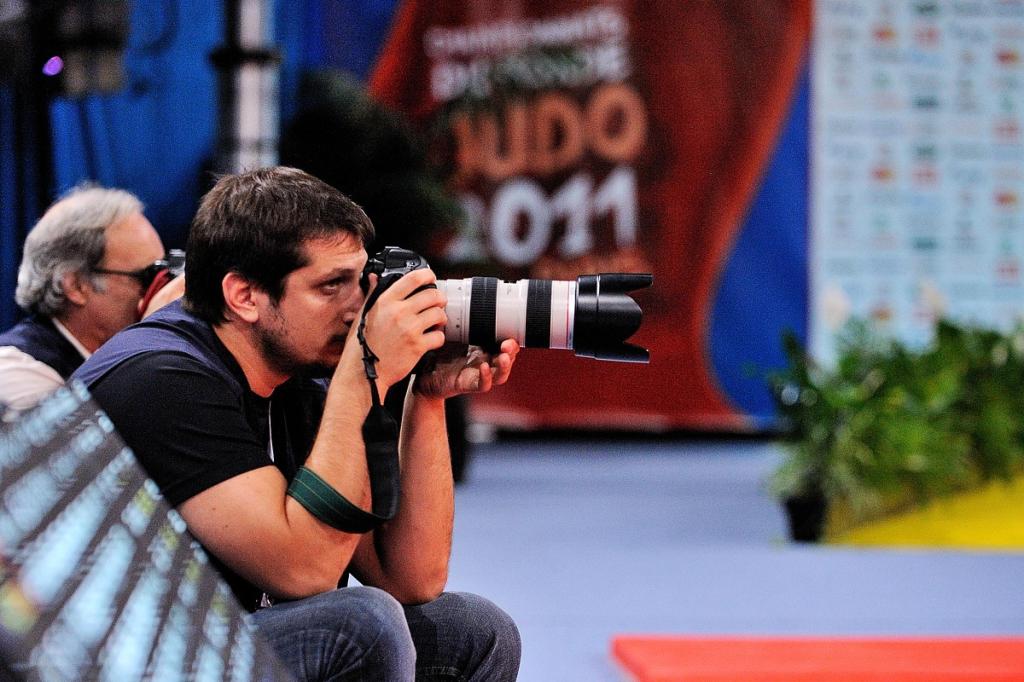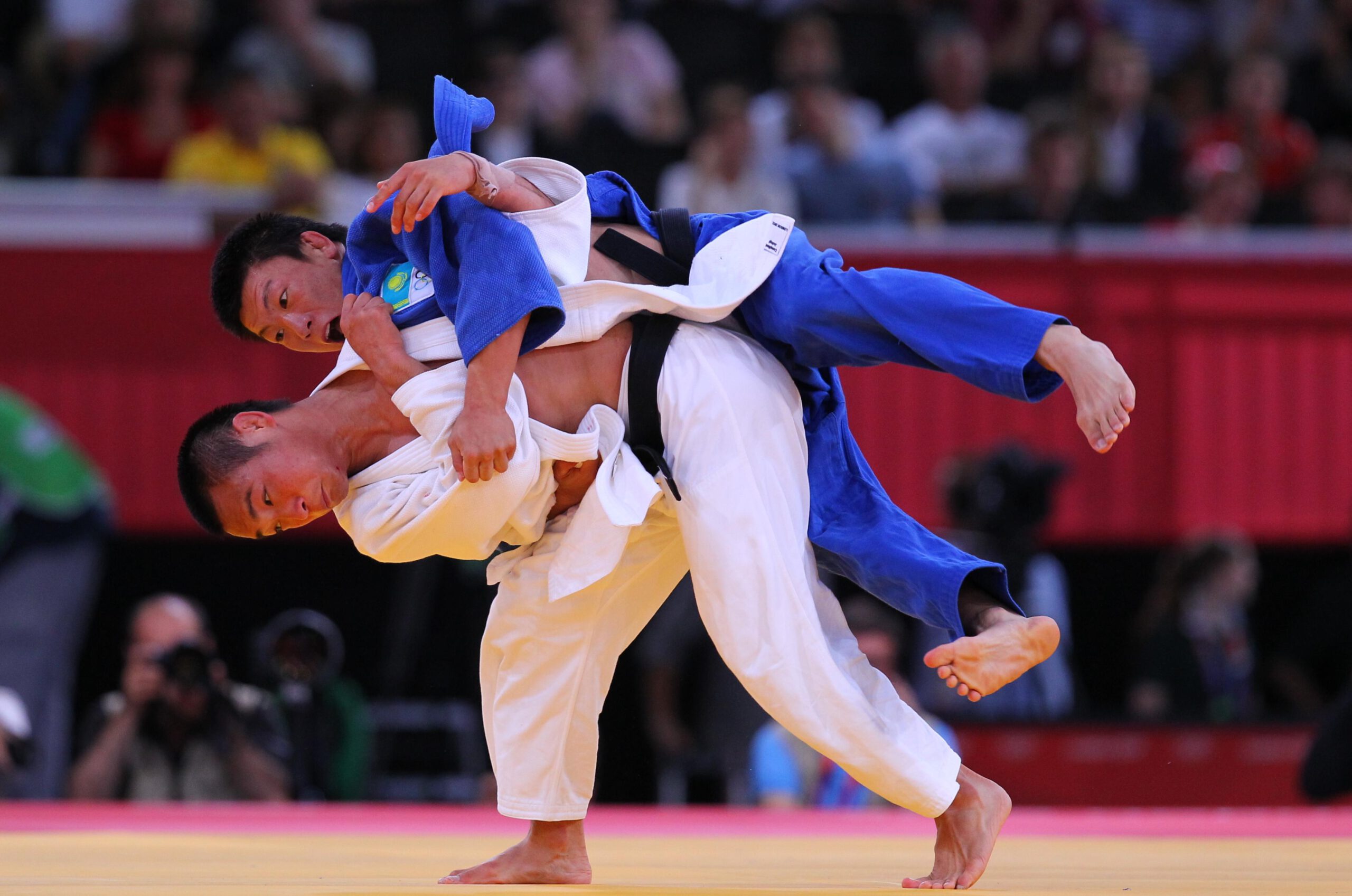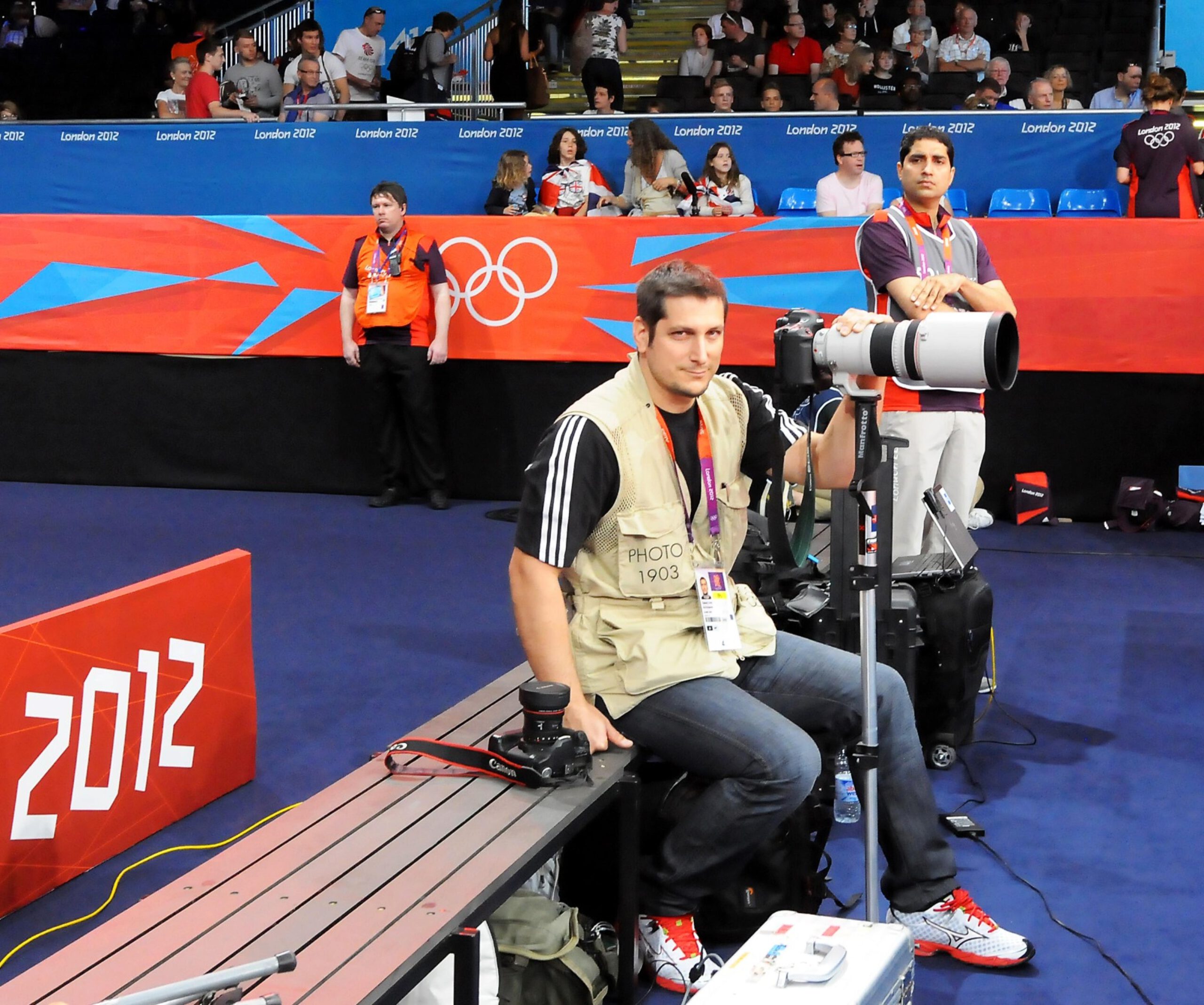Without attending a tournament or major competition, our only insight is through the lens of the camera. Our photography team give our EJU family the opportunity to see those magical moments and feel the emotions of the athletes.
Name: Gabriel Juan
Age: 42
Nationality: ESP
Residence: Valencia, Spain
Working for EJU since: Summer 2017
Equipment and Lens:
CANON EOS 1Dx M3
CANON 8-15mm USM 4L
CANON 24-70mm IS USM 2.8L
CANON 70-200mm IS USM 2.8L
Gabriel Juan, better known as Gabi, has been a sports photographer for many years, working at multiple Olympic Games and World Championships. For many photographers, this is an achievement they can only dream of.
With a colossal collection of brilliant images, we asked for Gabi’s top ten judo images which can be found throughout the article.
Without the intention of one day attending the prestigious Olympic Games, Gabi and some of his friends from judo started the ‘Hajime-Judo’ project in 2007, attending the Spanish Championships to conduct interviews, reports and of course take photographs. This was his first experience with photography, never envisioning that he would one day be mat-side at the Paris Grand Slam or a European Championships.
“From the very first moment I tried to improve my work, because I love judo and there started my love with photography. It wasn’t easy but I was very lucky to have one of the best judo photographers that I’ve ever met, Marcelo Rua, helping me to improve my work right there in Spain.”
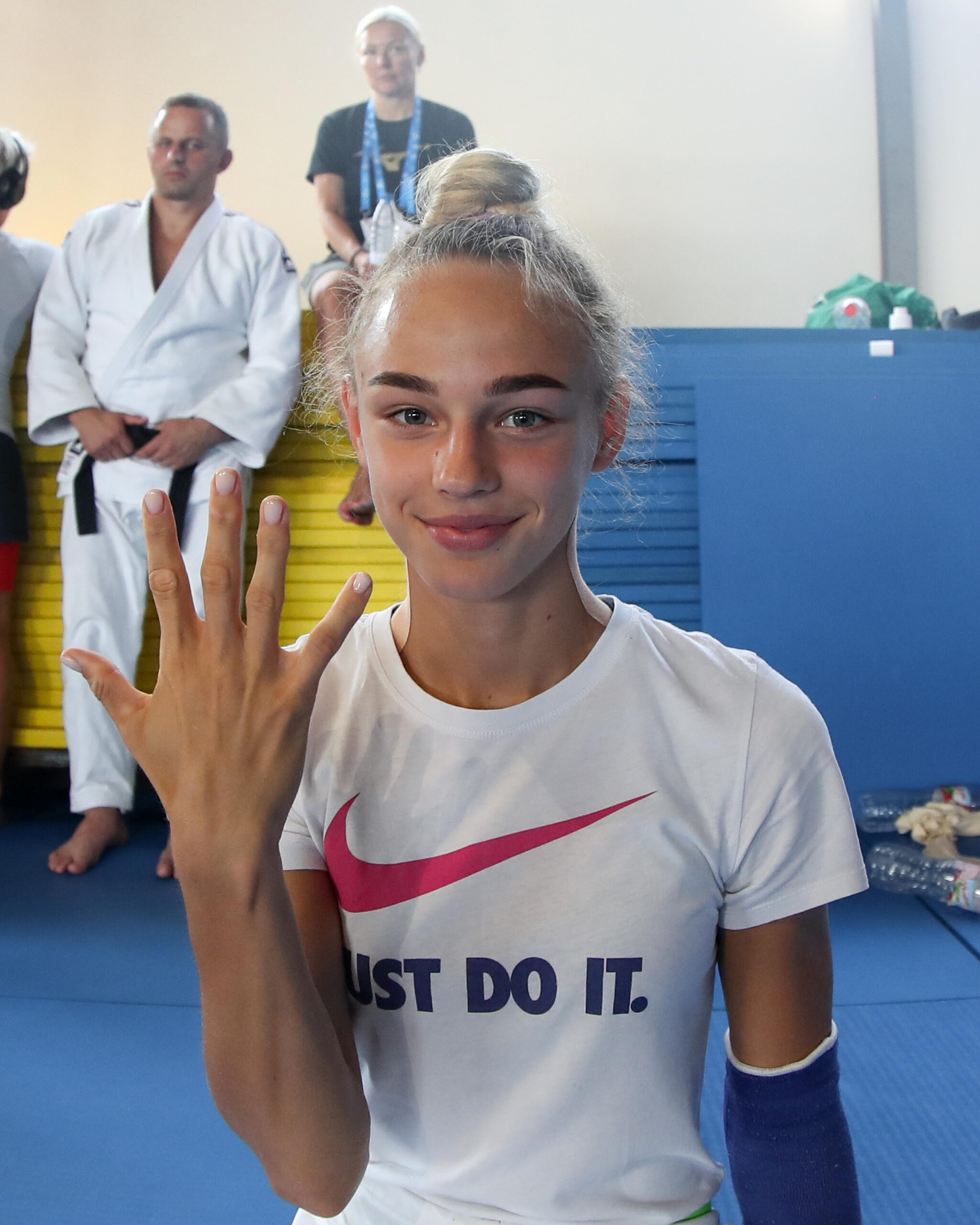
Aside from horrific moments including one of his cameras being stolen, technical issues are always a threat to a photographers work and posed a potential disaster for Gabi in Rio during the 2016 Olympic Games, his most disastrous in fact,
“On the first day of competition at the Rio Olympics my laptop overheated in the press room because the air conditioning stopped working. The computer just shut down and I couldn’t process any of my photographs. It prevented me from focusing in the final block, thinking where would I be able to get a new laptop in Rio?”

With four or five mats active during a tournament, it is almost a game of luck when looking for the perfect shot and of course something you need to deal with,
“You have to bet on one of them, but you have to assume this. In this time that you spend complaining about this missing perfect shot, maybe you are missing other new perfect shots. Luckily I have never left my lens on the camera but I do have specialised batteries and I have forgotten them on a few occasions but luckily I always have Marina Mayorova to save me!”
“Though we love our travels and have been all over the world, we hardly ever get the chance to visit the city properly as we spend all of our day in the sports hall. For example, for the European Championships in Tel Aviv, I didn’t even step on the street. It can be really sad but I was there for work and it is difficult to enjoy the trips as a tourist. Any case, as a judo lover, I’m a Japan lover and photography has given me the chance to travel many times to this amazing country.”
“I do however have great memories from London 2012. Maybe this was because it was my first time experiencing the Games from the inside, maybe because I had many good friends there, I only know it was unforgettable.”
Asking Gabi what it is about photography that makes the job so special for him, he is astounded,
“Are you kidding?? Sports photography is the best job ever! Of course if you love sports. I grew up watching Koga, Tanimoto, Makarov, Inoue, Nomura, Jeon. They were my idols, and still are, and to have the chance to work next to them makes my job a real pleasure. Of course it is a really stressful job, you can’t fail at the key moments, you have to stay seated, crouched down for many hours, you are the first at the venue, and when everybody leaves, you have to stay until you finish your work, if you are lucky, you go to the hotel to finish it before go to sleep. As I said before… Best. Job. Ever.”
There are many aspiring photographers in the world of sport and of course judo, but there is no secret to success as Gabi explains,
“I only have my own experience, I don’t have any secret, just work, work, work, and try to do it better than the day before. You have to work without getting obsessed about the actions that you are losing on the other mat, just keep focussed. Judo is one of the most difficult sports for photographers, but if you are a judoka and you understand what is going on on the mat, who is right-handed, who is left-handed, who is winning the lapel, or who is controlling the sleeve, why he is pushing or when he is breaking the balance, if you can read this, you will shoot half a second before the agency photographer who is sat next to you, and this is the difference between getting the perfect shot and the average image.”
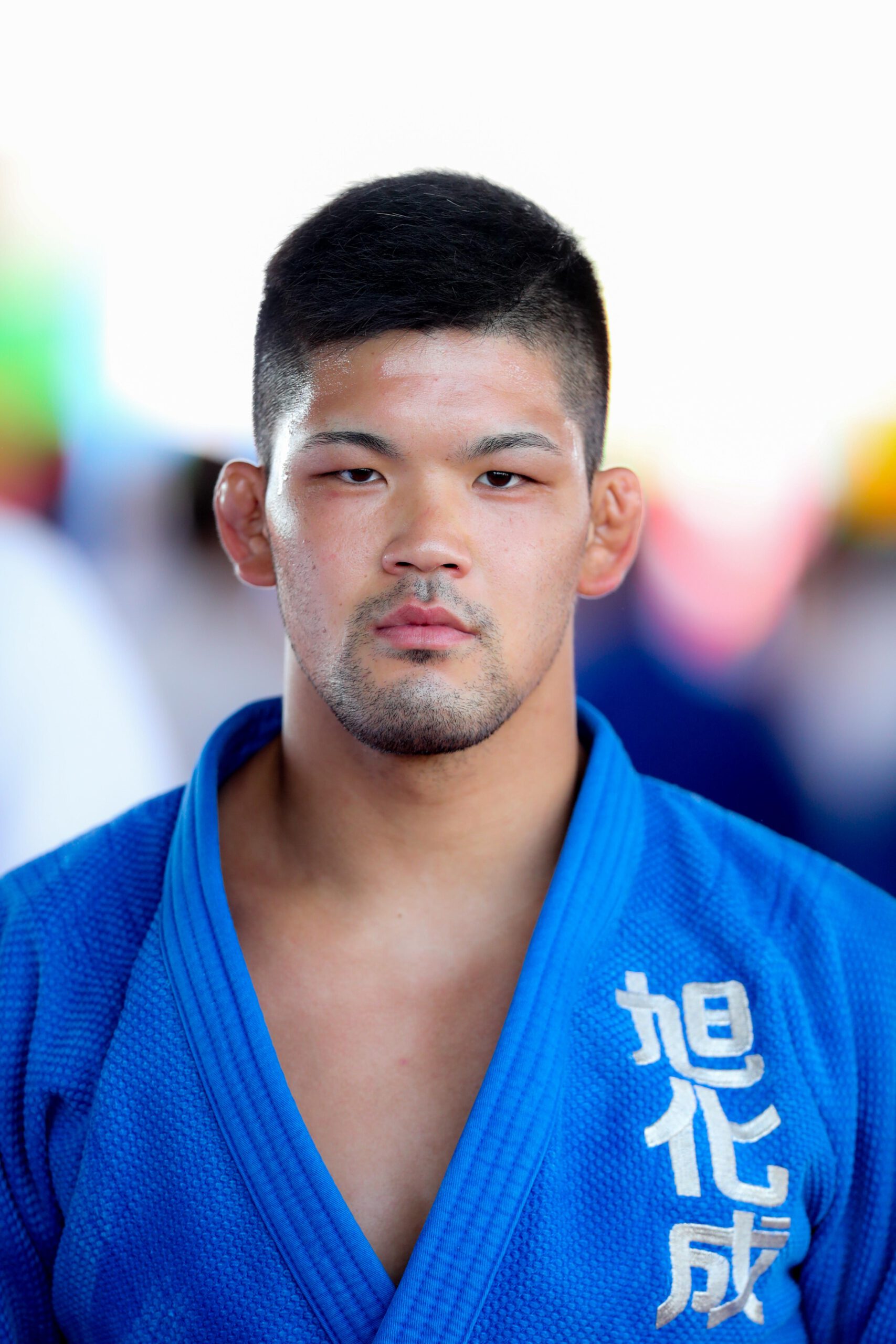
Judoka
Author: Thea Cowen



